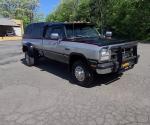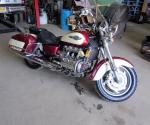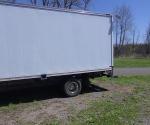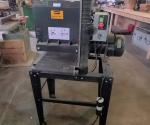Posts per category and its sub-categories
Recreational Vehicles
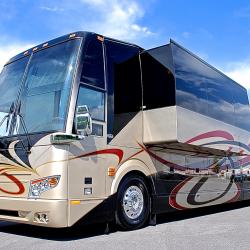
A recreational vehicle, or RV, describes a motor vehicle or trailer equipped with living space and amenities found in a home. They're also sometimes known as caravans, camper vans, and motorhomes. People use them for travel, family camping, even full-time residencies. And there are so many to choose from!
RVs come in many different shapes and sizes that include
- Class A motorhomes (bus conversion, diesel pusher): These are the most luxurious RVs, with the most amenities including more space via slide-outs and living quarters that are accessible from the front seats. There are some disadvantages: they're hard to maneuver, generally offer poor fuel economy, and have a poor safety record,
- Class B motorhomes (camper vans): These are built using a conventional van, to which a raised roof has been added and/or the back replaced by a low-profile body.
- Class C motorhomes: These are built on a truck chassis with an attached cab section, which is usually van-based, Class C motorhomes are often based on the popular Ford E450 engine, chassis, and cabs. They're characterized by a distinctive cab-over profile, the "cab-over" usually containing a bed.
- Travel trailers: A unit with rigid sides designed to be towed by some larger vehicles with a bumper or frame hitch. Includes the teardrop trailer: A compact, lightweight travel trailer that resembles a large teardrop, sometimes seen being towed by motorcycles. Also includes a hybrid trailer: A blend between a travel trailer and a folding (tent) trailer. One type has rigid sides and pullout tent sections (usually beds) while another type's top section of walls and its roof can be lowered over its bottom section to reduce its height for towing. There's also a fifth-wheel trailer: Designed to be towed by a pickup or medium duty truck equipped with a special hitch called a fifth wheel coupling. Part of the trailer body extends over the truck bed, shortening the total length of the vehicle and trailer combined. And, finally, the park model: This is a larger travel trailer, usually 35 to 45 feet long, that isn't self-contained. It is designed for park camping only; and while it is easily moved from site to site as a normal trailer is, it is not capable of "dry camping" as it does not have any water storage tanks and must be used with hookups. Though designed to remain stationary for extended periods of time, park models differ from mobile homes in that they are usually still seasonally moved.
Whether you're interested in buying a recreational vehicle, or have one to sell, video is the best place to really take someone else inside the RV and motorhome experience.









